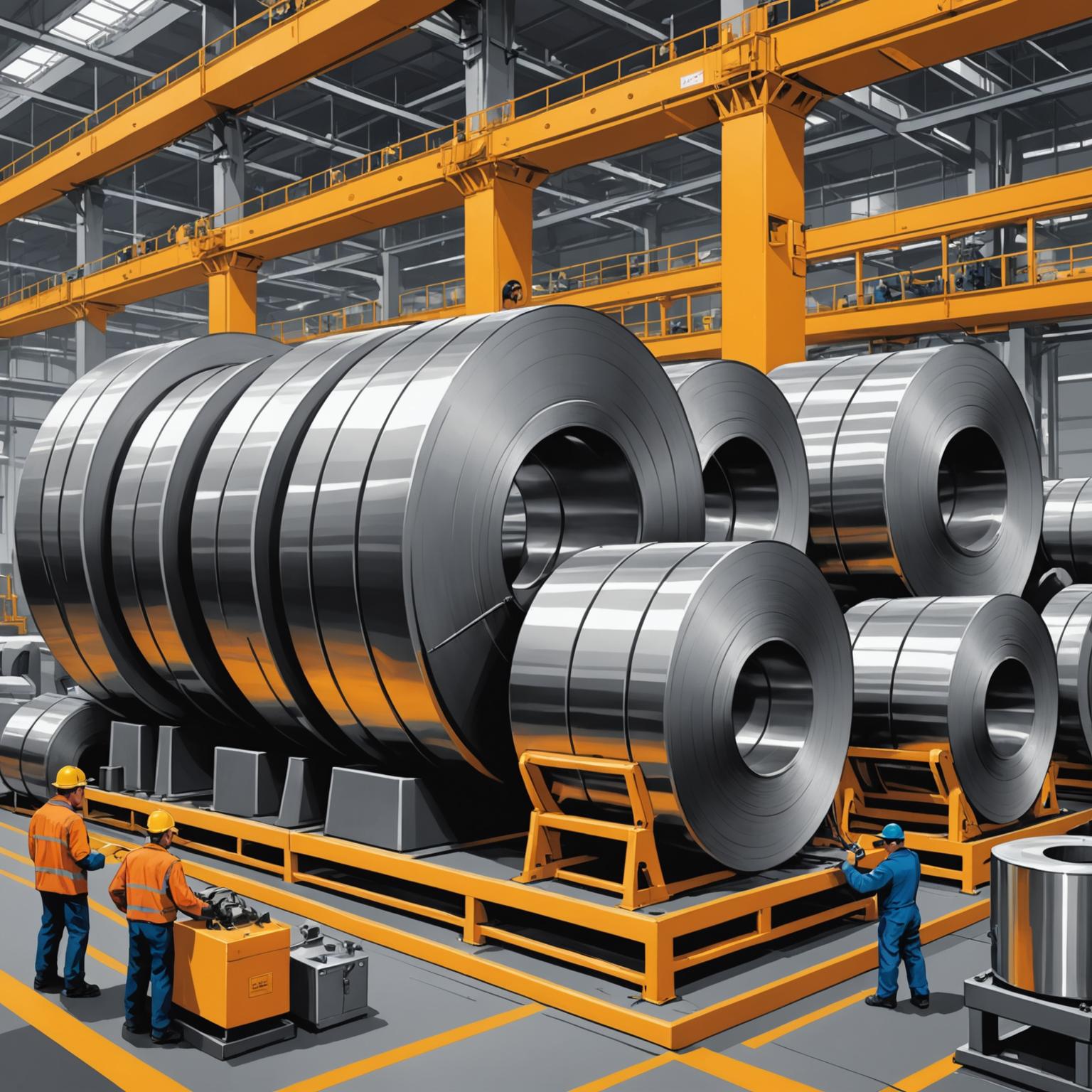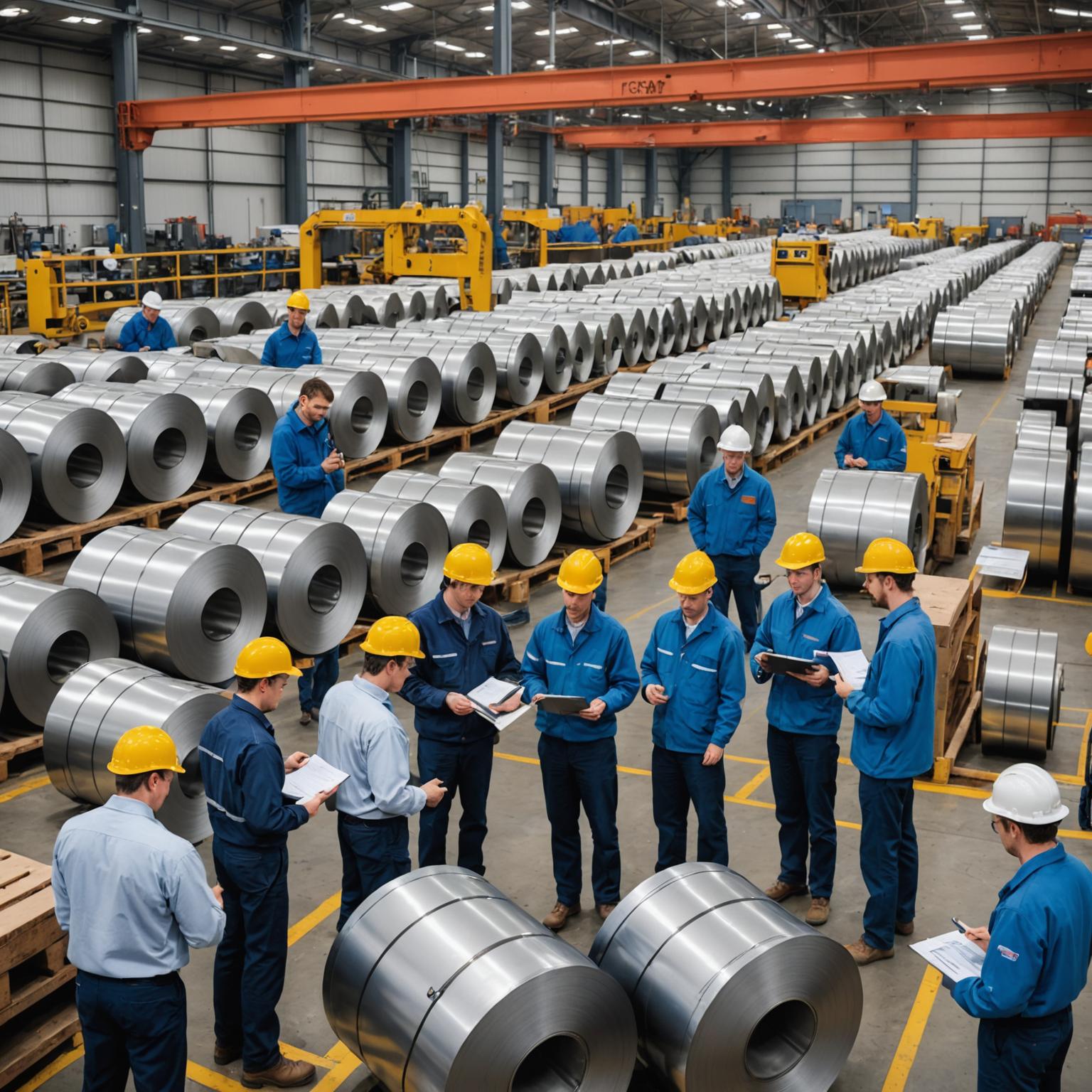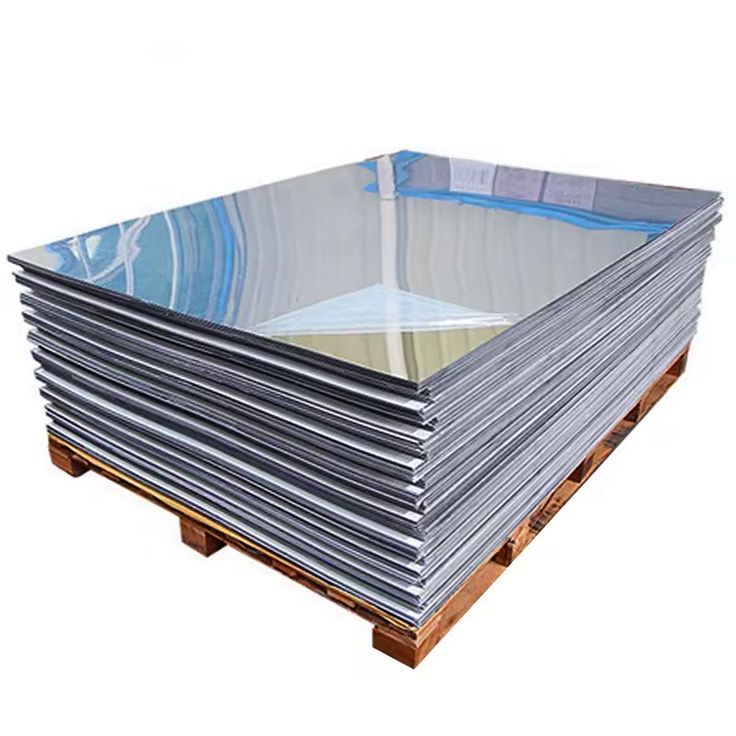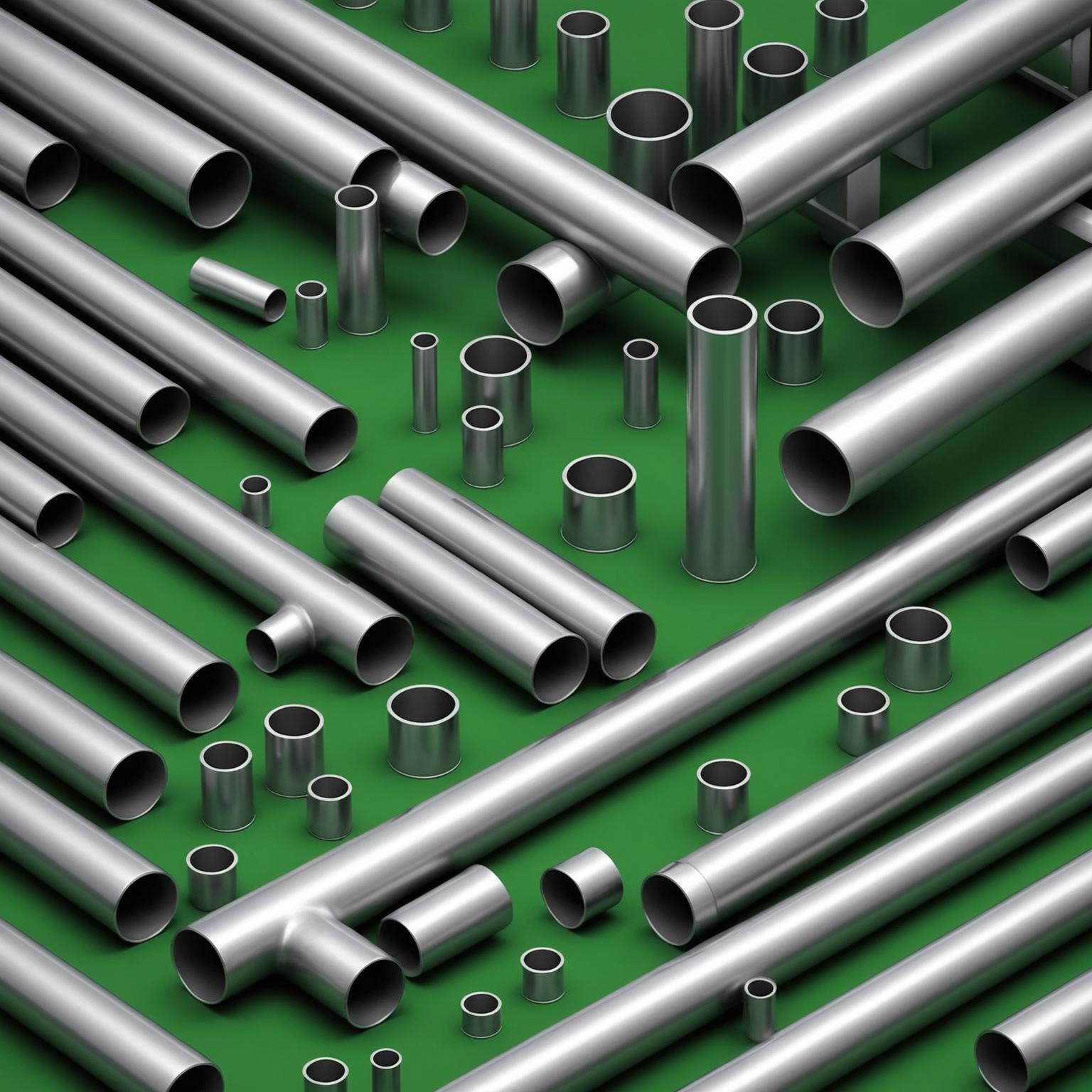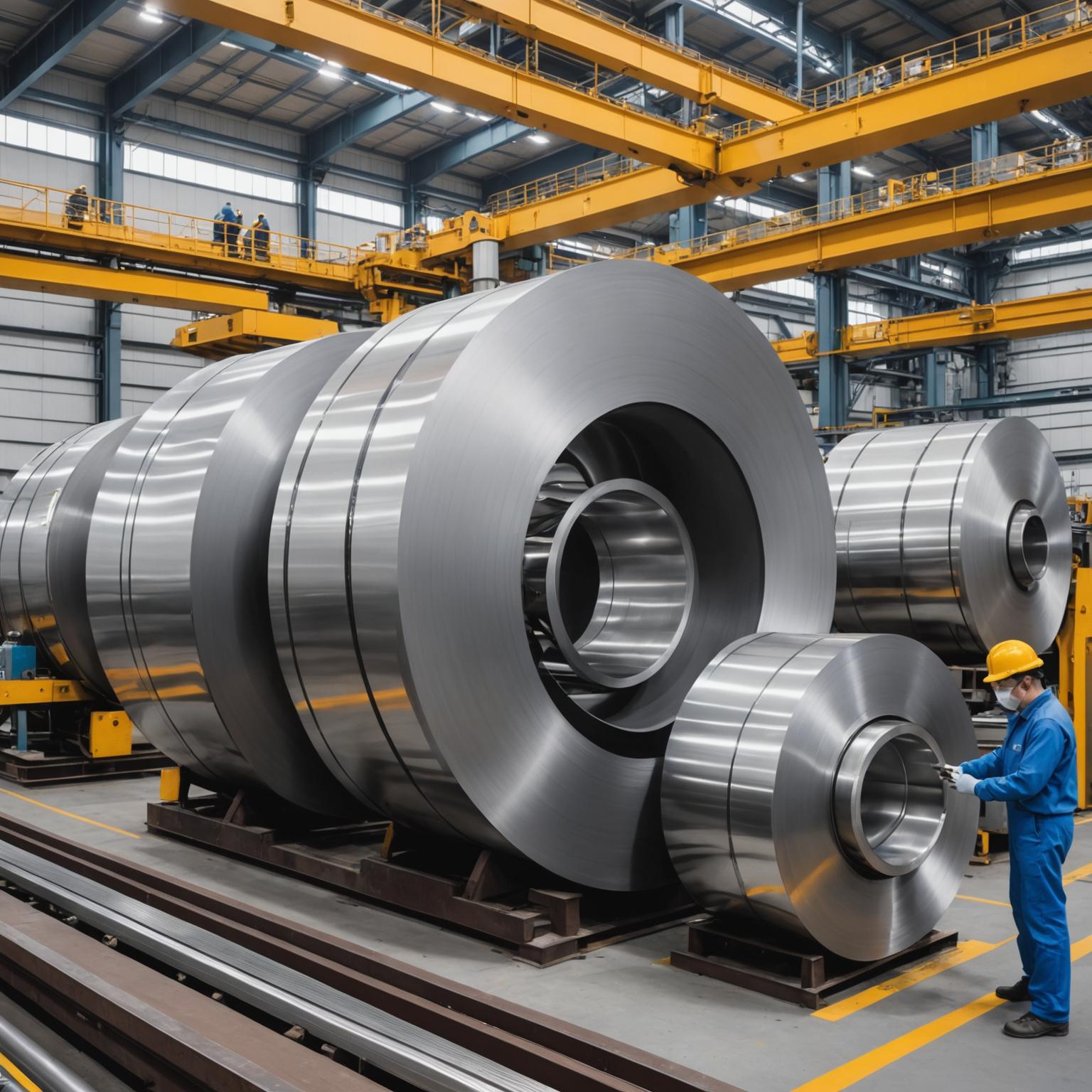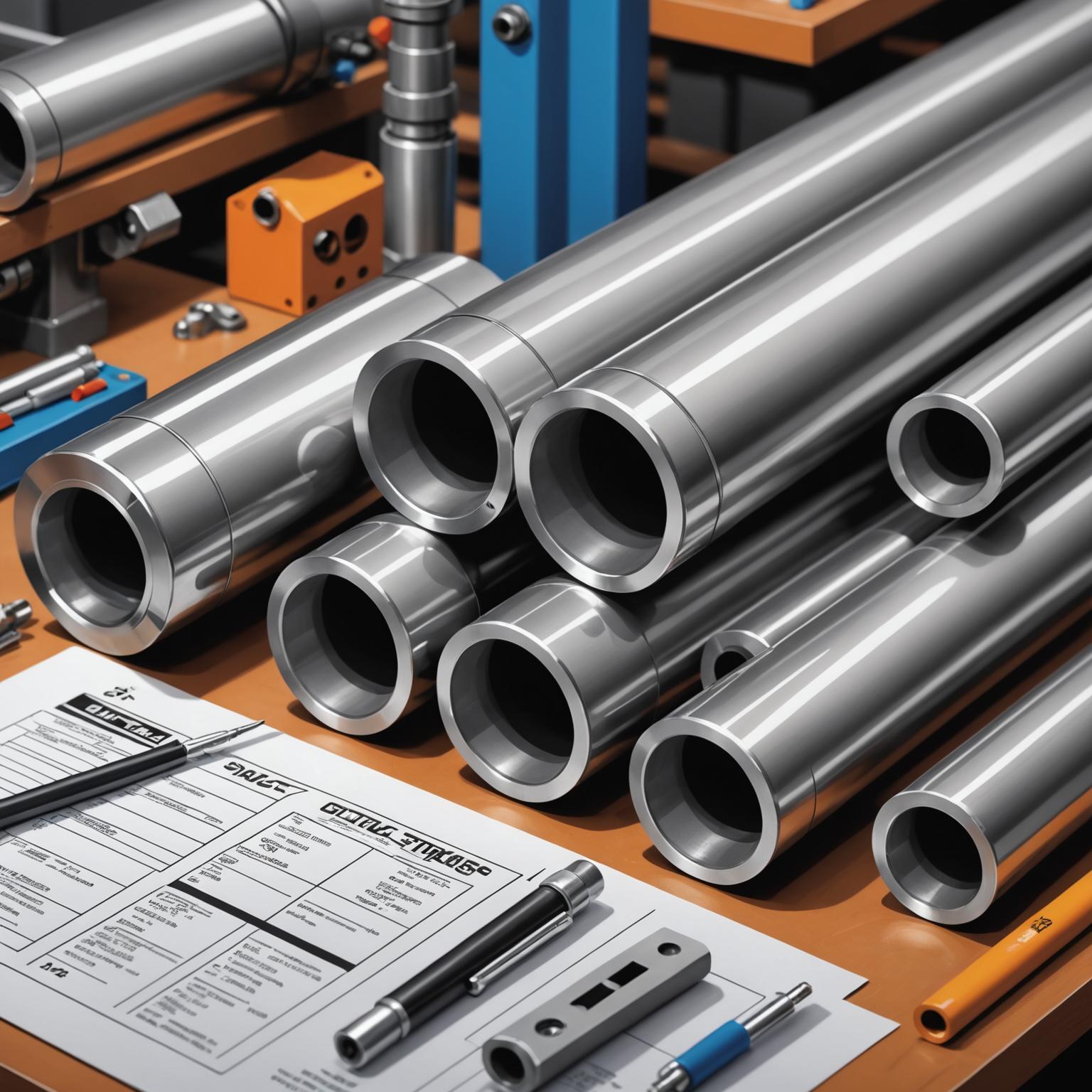What makes a stainless steel pipe so versatile for different industries?
A stainless steel pipe is celebrated globally for its incredible versatility, which stems from a unique combination of material properties that make it suitable for an astonishingly wide range of applications. The fundamental reason for this adaptability lies in its composition, primarily the inclusion of chromium, which forms a passive, self-repairing oxide layer on the surface. This layer provides exceptional corrosion resistance, protecting the pipe from rust, chemical degradation, and environmental decay. This inherent durability allows it to perform reliably in environments from highly sterile pharmaceutical labs to harsh, saline-rich marine settings and corrosive chemical processing plants. Furthermore, its impressive strength-to-weight ratio, resistance to extreme temperatures (both high and low), and non-reactive nature make it a default choice for engineers and architects across countless sectors who require reliability and longevity from their materials.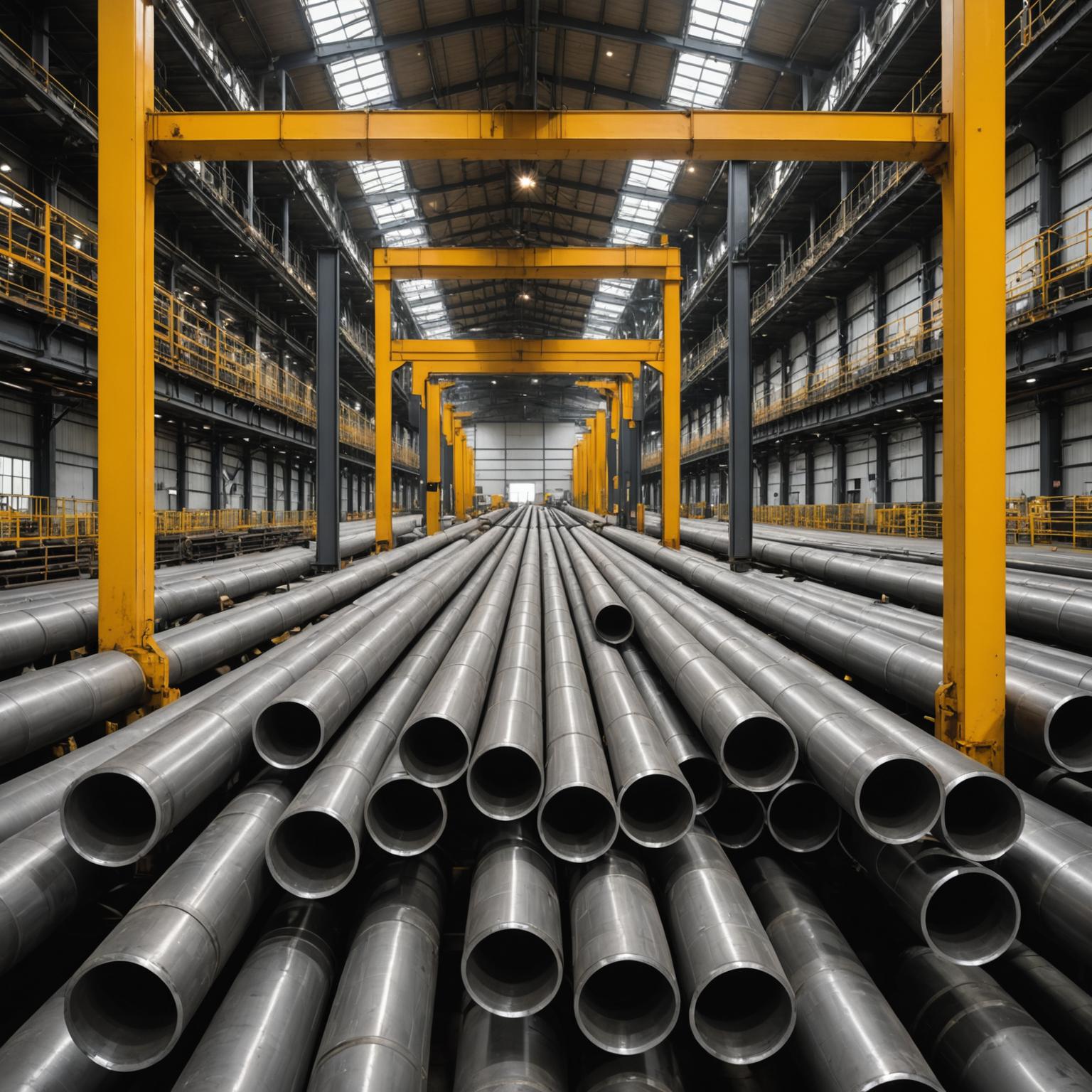
How does the manufacturing process enhance its industrial adaptability?
The manufacturing process is a critical factor that amplifies the adaptability of a steel pipe, particularly when discussing precision engineered seamless steel pipes. Unlike welded pipes, seamless pipes are created from a solid billet of steel that is heated and pierced to form a hollow tube. This method eliminates seams, which are potential weak points, resulting in a product with superior structural integrity and pressure containment capabilities. This makes seamless pipes indispensable for high-stakes industries like oil and gas, where they transport volatile substances under immense pressure. The precision rolling and thermal technology used in modern facilities ensure exceptional dimensional accuracy and a smooth, uniform exterior. This precision is vital for applications requiring flawless performance in high-pressure systems or for facilitating smooth fluid flow with minimal friction, a key requirement in power plants and advanced manufacturing. The ability to use different high-grade alloys during production also allows for customization, tailoring the pipe’s properties to offer enhanced corrosion resistance or greater strength for a specific industry’s unique challenges.
Which specific industries rely heavily on stainless steel pipes?
The Adaptability to industry use cases for stainless steel pipes is vast and continues to grow. In the oil and gas sector, they are essential for transmission lines, refineries, and offshore platforms, where they must withstand corrosive materials and extreme environmental conditions. The automotive industry utilizes them for exhaust systems, fuel lines, and structural components, valuing their resistance to heat and corrosion as well as their contribution to vehicle longevity. In construction and architecture, these pipes are used for everything from structural frameworks and building facades to plumbing and decorative railings, prized for their sleek aesthetic and low-maintenance durability. Power generation facilities, including nuclear and thermal plants, depend on precision seamless pipes for transporting steam and cooling water under extreme temperatures and pressures. Moreover, the food, beverage, and pharmaceutical industries rely exclusively on stainless steel for processing equipment and piping due to its hygienic, non-porous, and non-reactive surface, which prevents contamination and is easy to sanitize.
Are all stainless steel pipes the same?
No, there is a wide variety of stainless steel pipes, and this variation is key to their broad utility. They are categorized into different grades, with grades like 304 and 316 being the most common. Grade 304 is a general-purpose choice known for its good corrosion resistance, while Grade 316 contains molybdenum, which significantly enhances its resistance to chlorides and other industrial chemicals, making it ideal for marine, chemical, and medical applications. Beyond grades, pipes are distinguished as either seamless or welded. As mentioned, seamless pipes offer greater strength for critical, high-pressure tasks. Welded pipes, which are formed by rolling a steel sheet and welding the seam, are often a more cost-effective solution for structural purposes or low-pressure fluid transport. Finally, customization in diameter, wall thickness, and surface finish allows engineers to specify a pipe that precisely matches the mechanical, chemical, and aesthetic requirements of their project.
What are the long-term performance benefits of using these pipes?
The long-term benefits are arguably the most compelling reasons for choosing a stainless steel pipe. The primary advantage is its extended operational lifespan. Thanks to its remarkable corrosion resistance, the pipe requires minimal maintenance and is less likely to need replacement, leading to significant cost savings over the life of a project. Its durability ensures it can withstand physical stress, vibration, and pressure cycling without degradation. This reliability translates directly to enhanced safety, a non-negotiable factor in industrial settings. Its hygienic properties ensure product purity in sensitive industries, while its ability to resist both cryogenic temperatures and extreme heat ensures consistent performance in diverse operational climates. Ultimately, investing in a high-quality steel pipe is an investment in peace of mind, operational efficiency, and long-term financial prudence.
How do modern steel pipes align with sustainability and environmental goals?
Modern stainless steel pipes are highly aligned with contemporary sustainability initiatives. Steel is one of the most recycled materials on the planet, and these pipes are fully recyclable at the end of their long service life, contributing to a circular economy and reducing the demand for virgin resources. Their exceptional durability and long lifespan also mean less frequent replacement, which conserves energy and materials while minimizing waste generation. In industrial processes, the smooth internal surface of precision pipes can reduce friction and pumping energy, leading to greater operational efficiency and a lower carbon footprint. By offering a solution that does not compromise on performance while being environmentally responsible, stainless steel provides a material that meets the demands of modern industry and a sustainable future.



